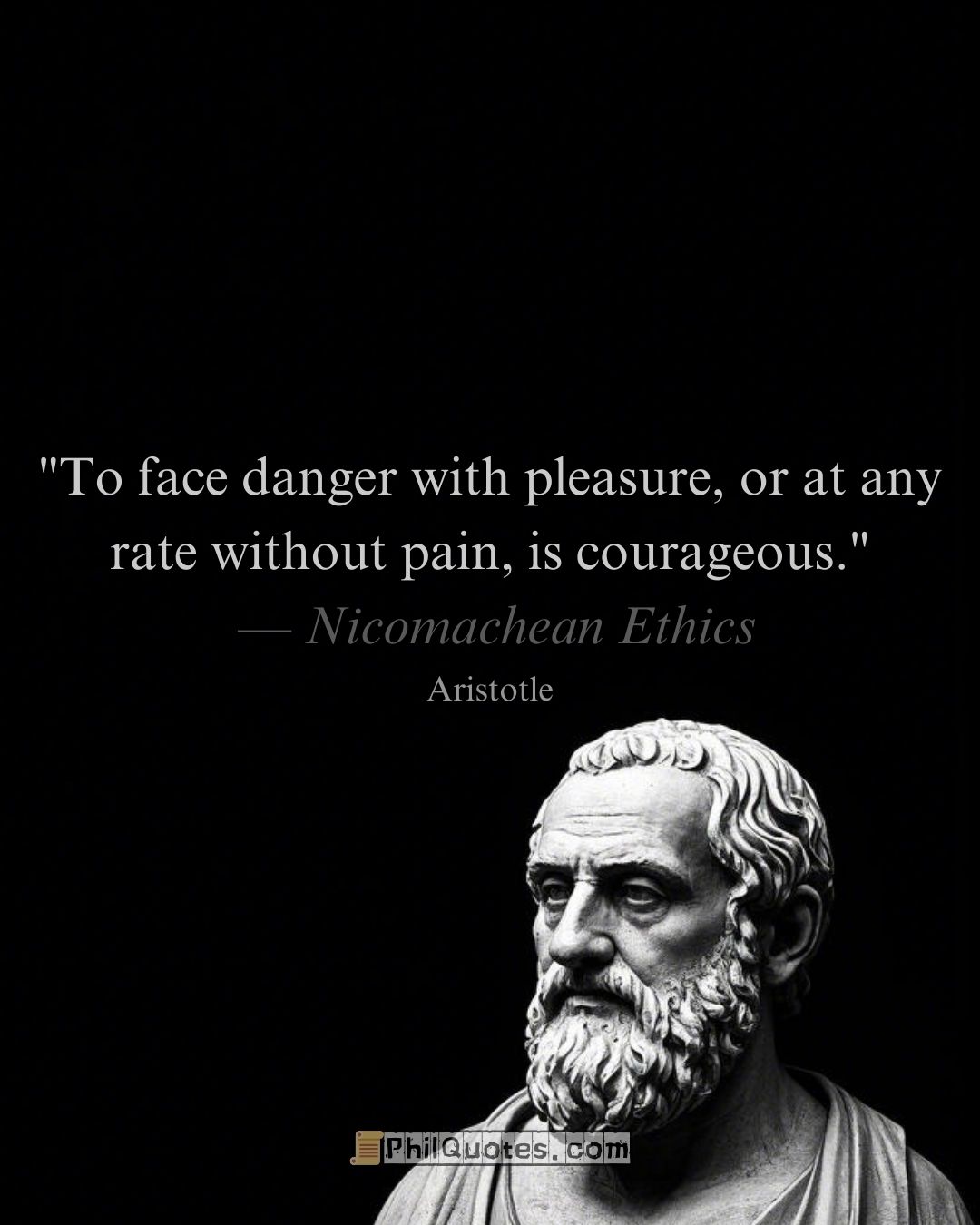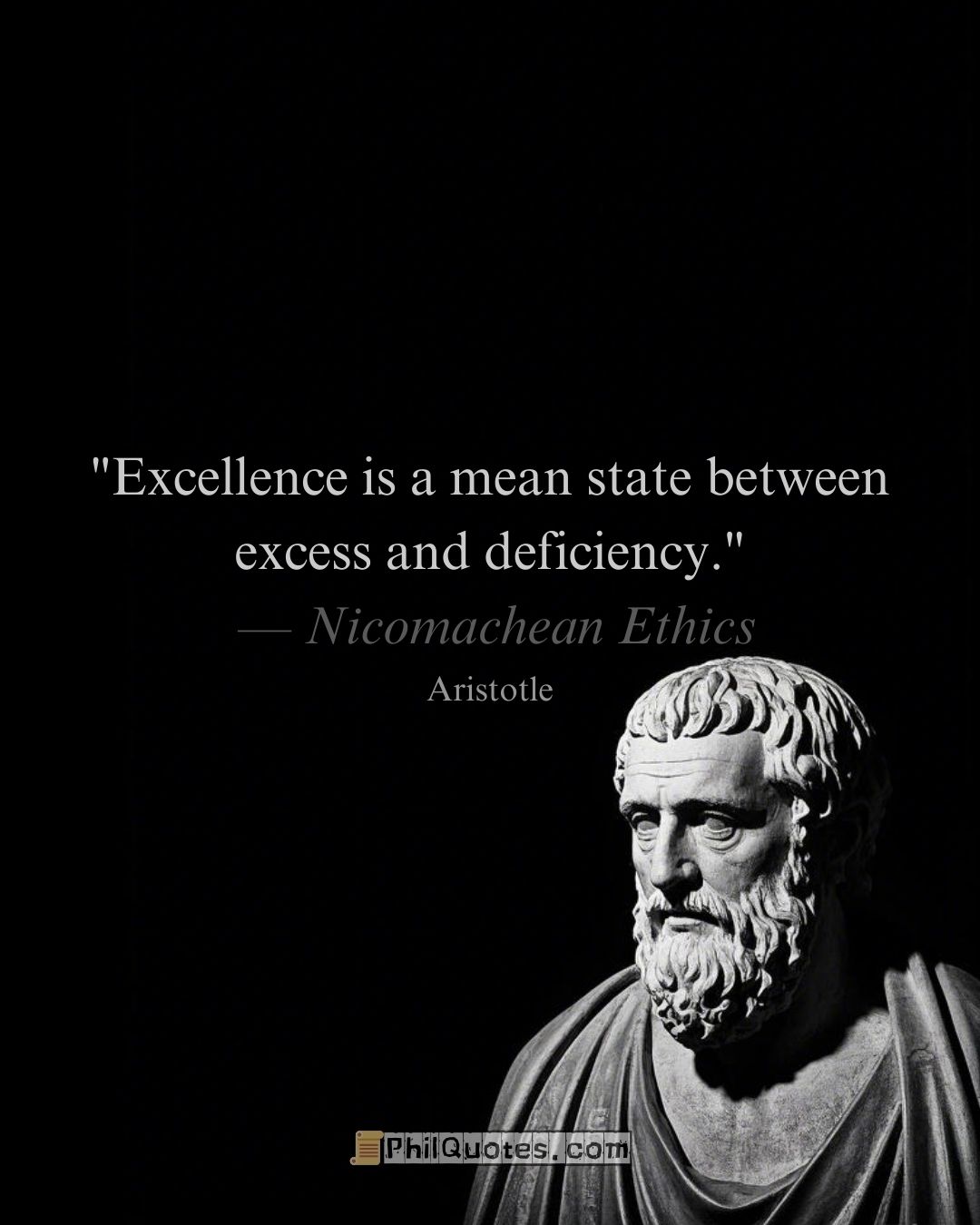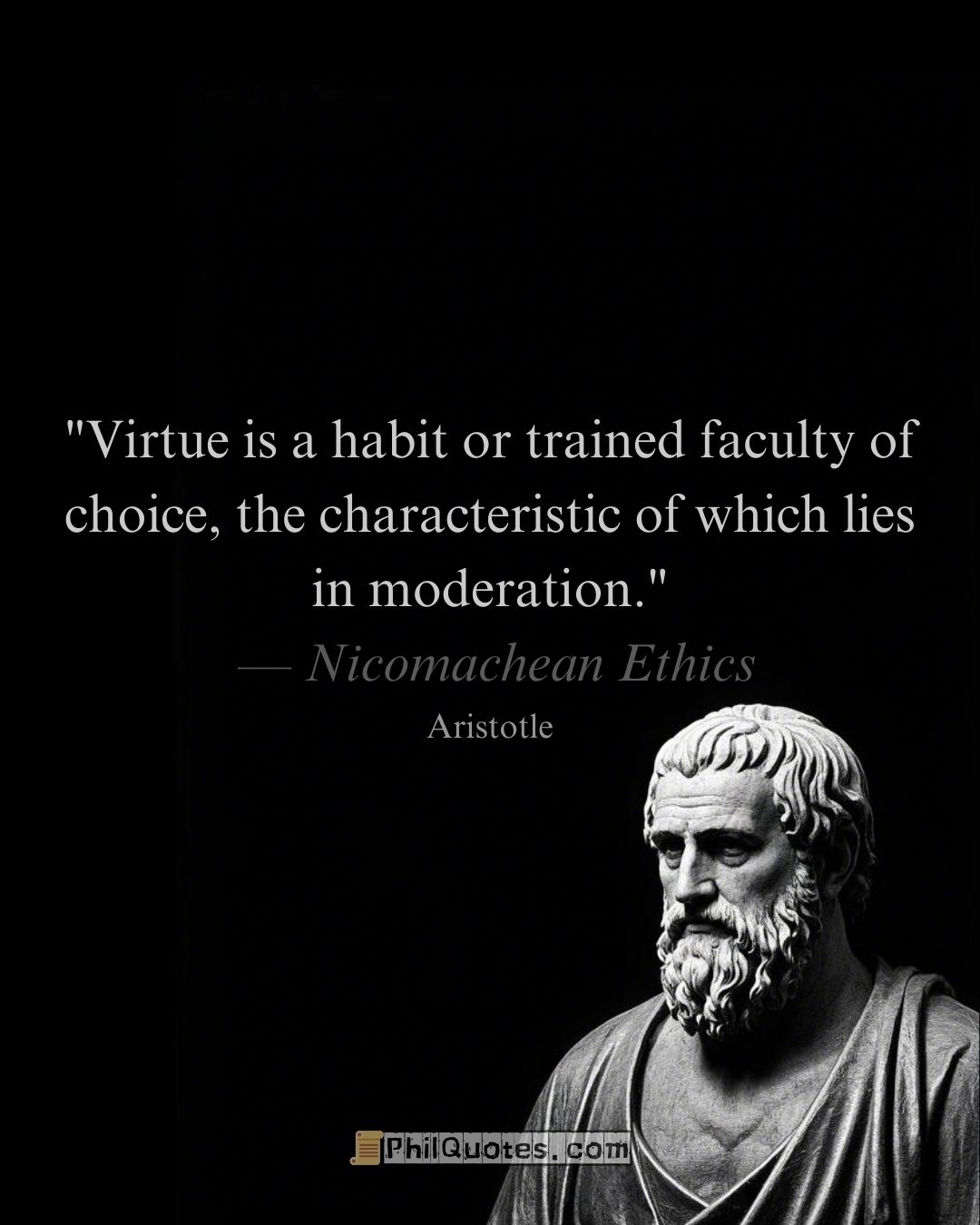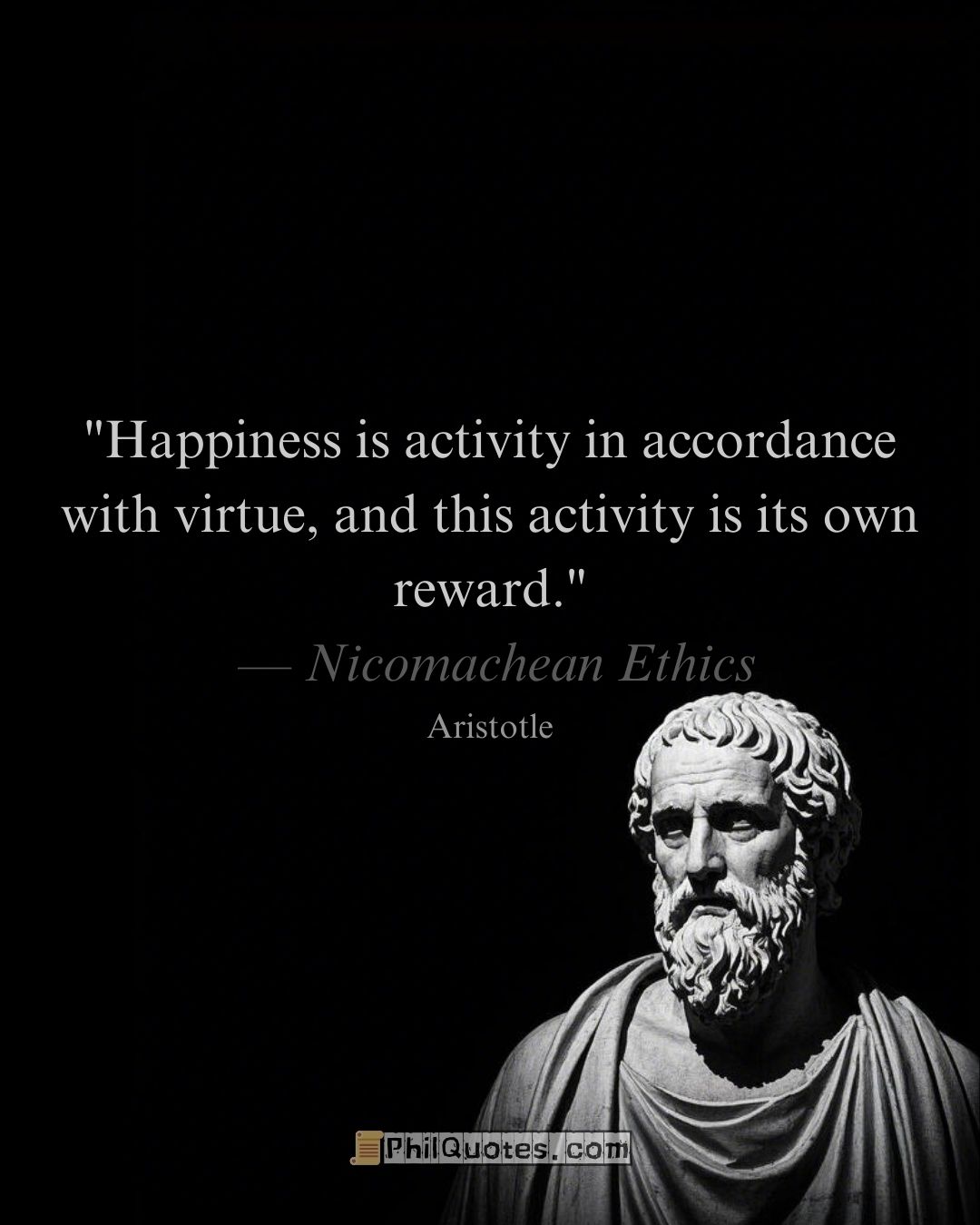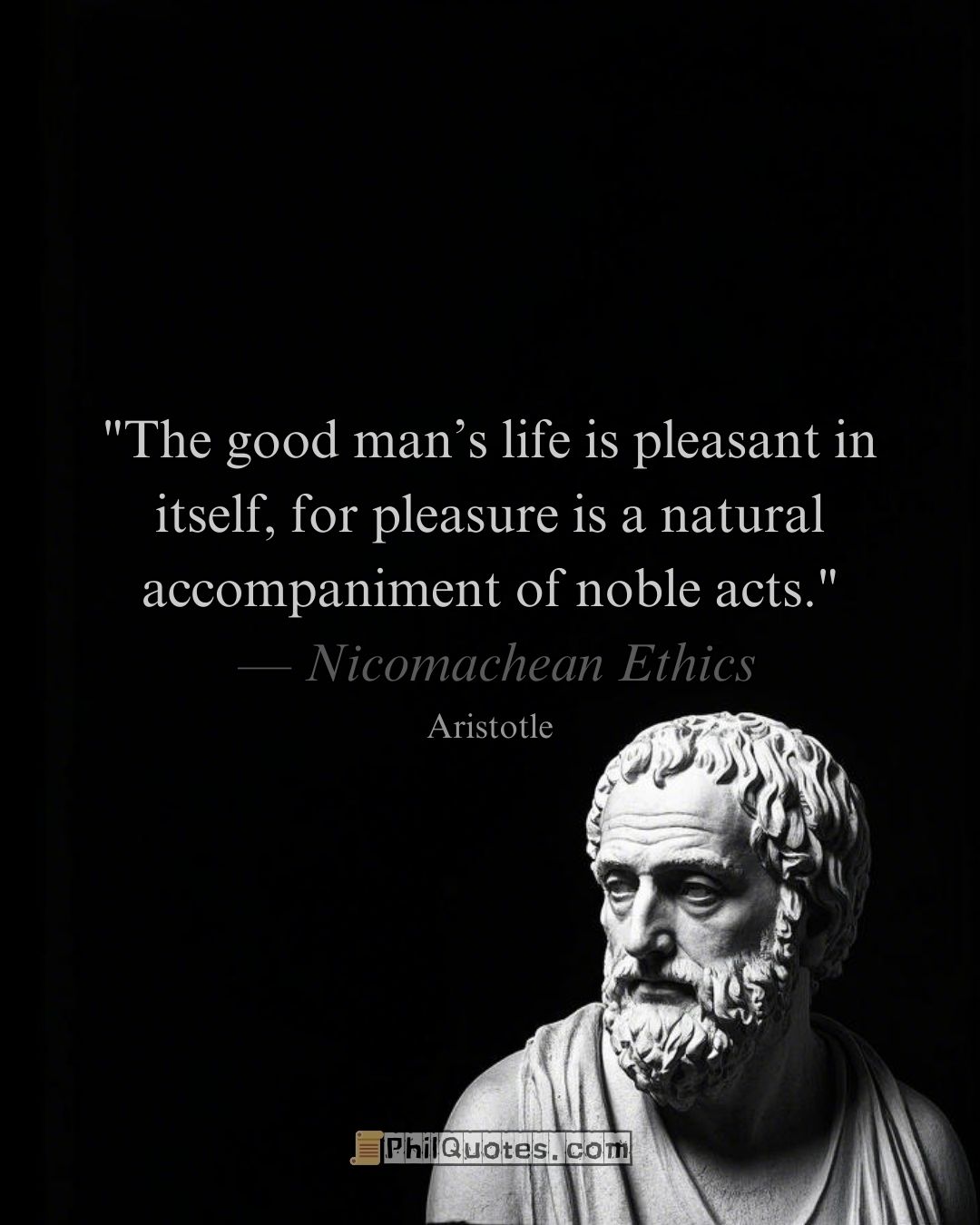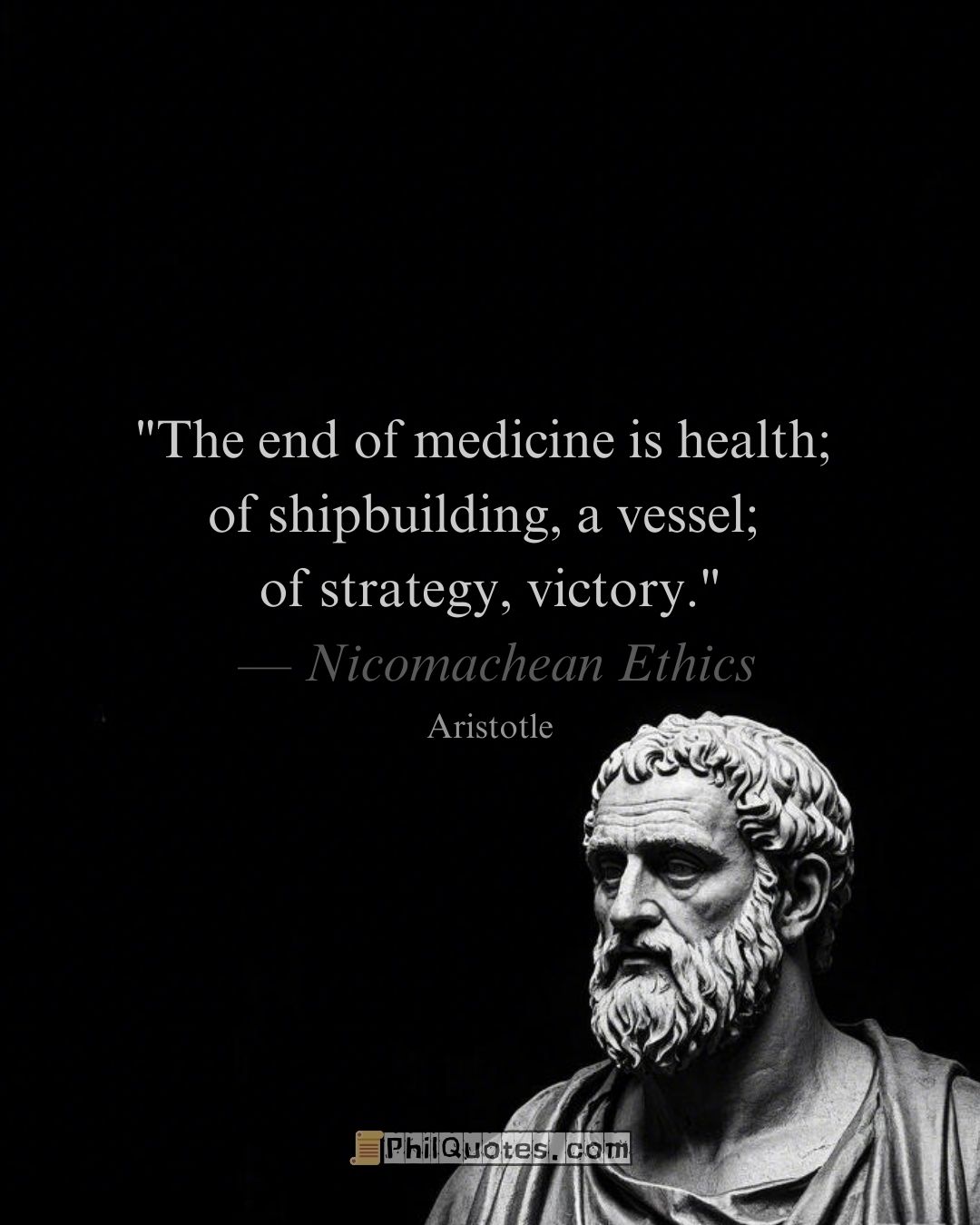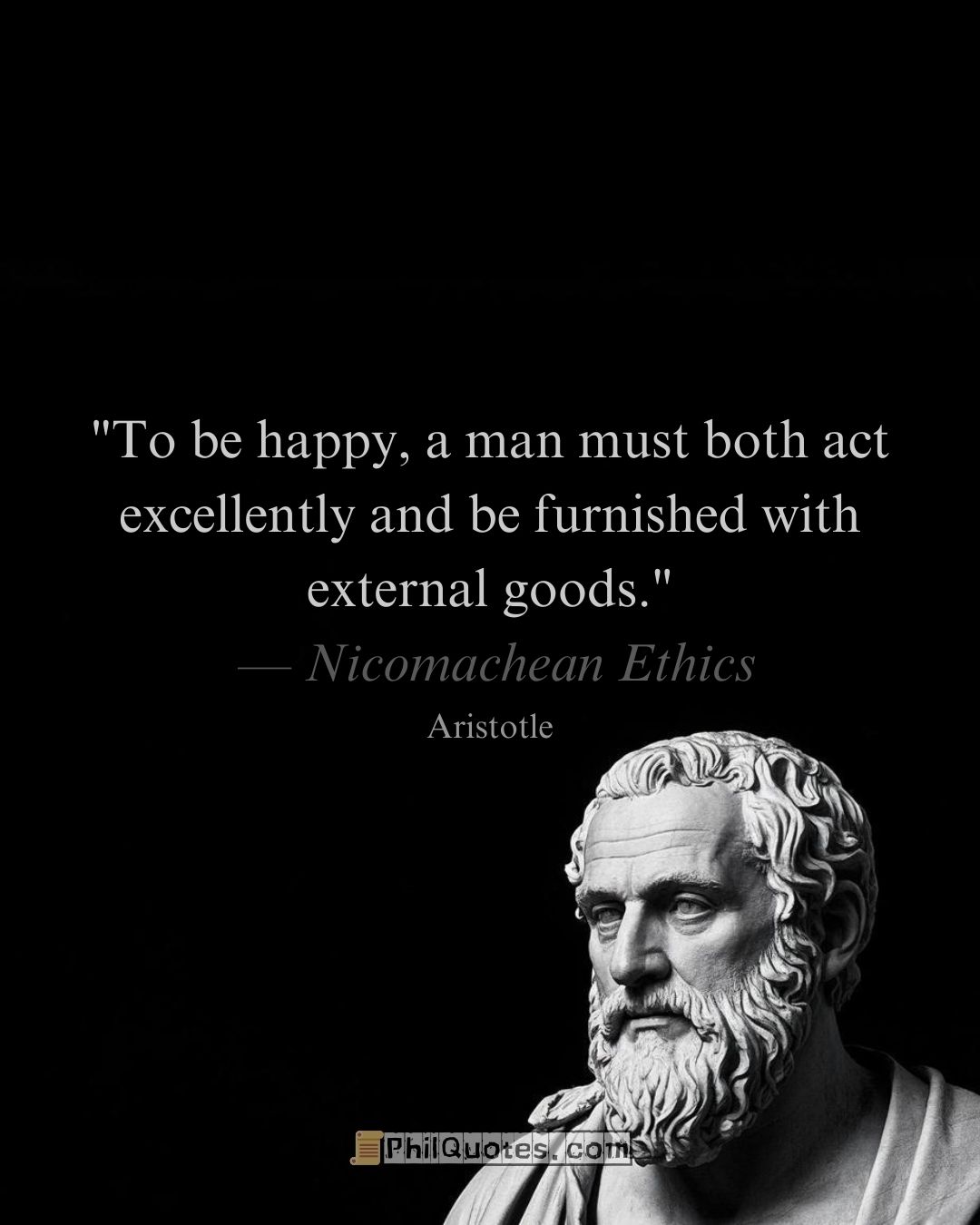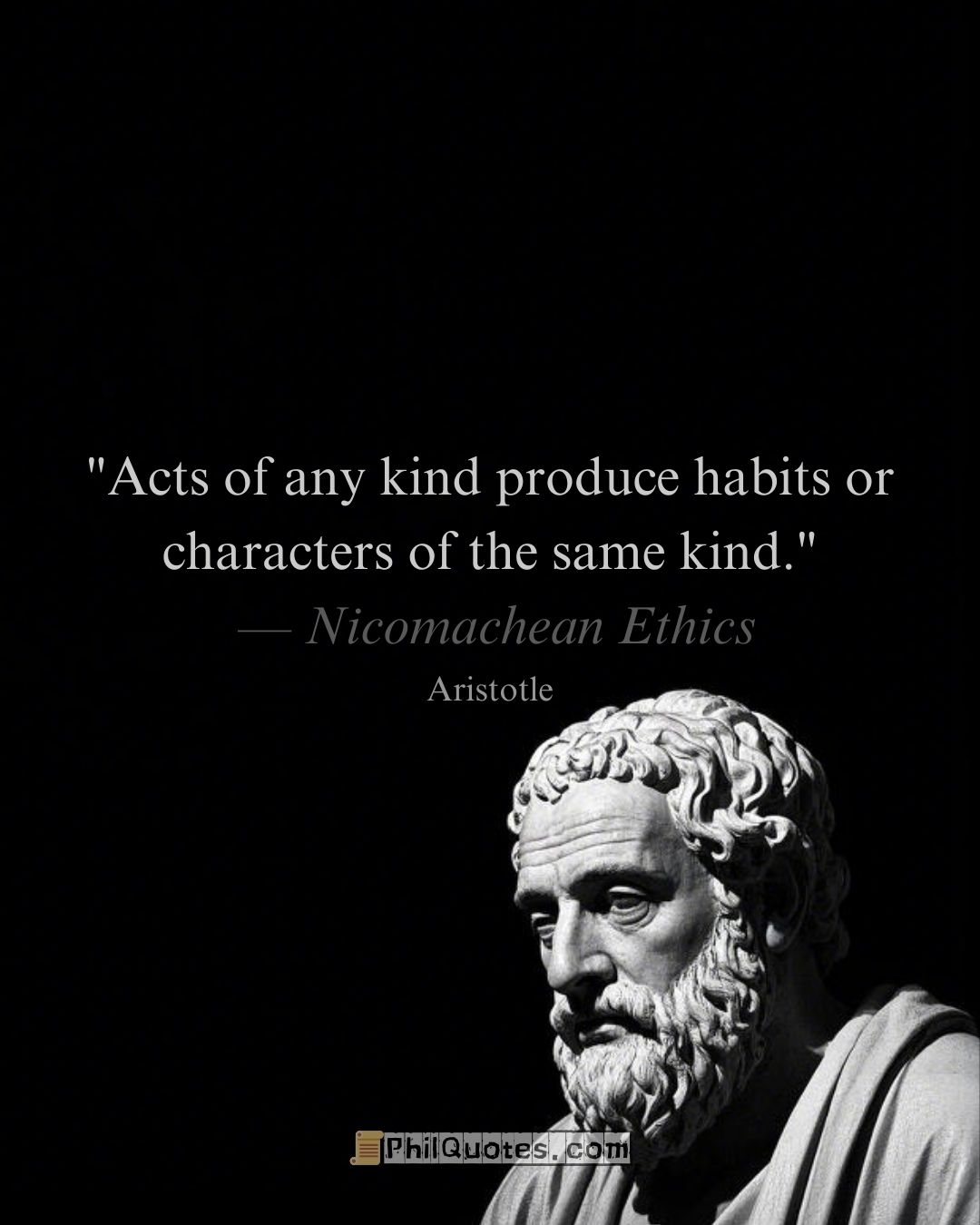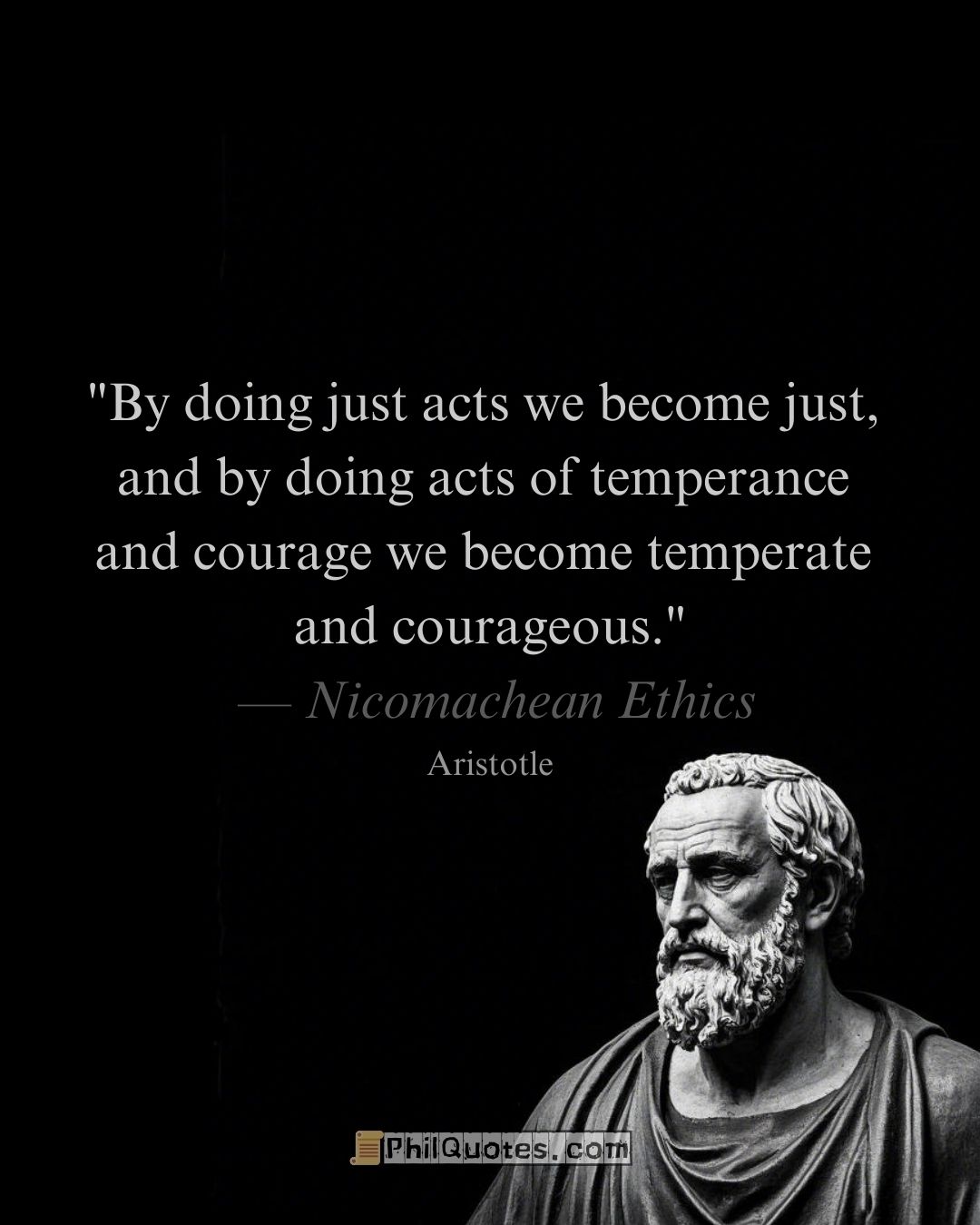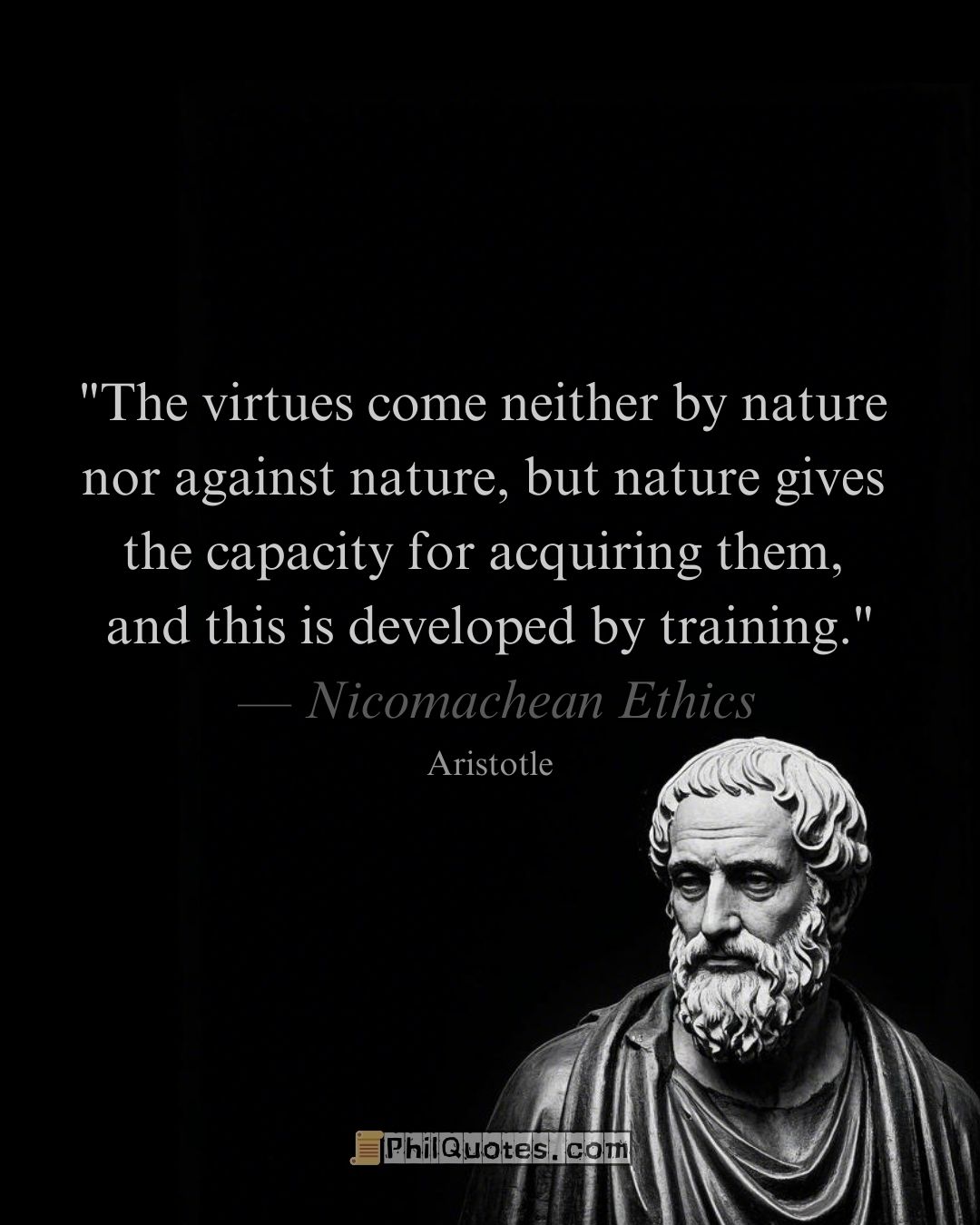Aristotle Nicomachean Ethics Quote: “To face danger with pleasure, or at any rate without pain, is courageous.”
“To face danger with pleasure, or at any rate without pain, is courageous.”— Aristotle, Nicomachean Ethics, Book II, Chapter 3 🔍 Core Idea Courage is a skill, not a superpower — like leveling up in a video game by repeatedly fighting bosses. True bravery means training your mindset to find growth in challenges, not just … Read more
